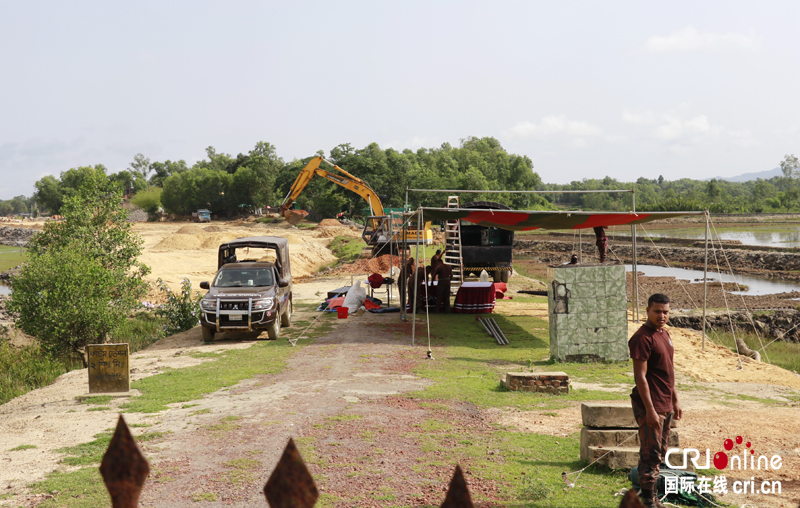【do pop up campers have titles】Four Business Trends Likely to Affect Your Corporate Legal Team in 2019
Group of business partner looking for the future. Concept of corporate and startup
As we move toward 2020,do pop up campers have titles the role of corporate legal and compliance continues to shapeshift in a multi-polar way. Wherever in the world you work, your jobs are more interesting and demanding than ever, and often for different reasons. That trend will continue. It’s more important than ever to keep your attention focused, not only on what your Legal function does but how you do it. Here are four trends likely to affect your job in 2019. Each presents an opportunity for leadership to demonstrate results.

Change behaviors to leverage technology and advance your legal team.

The human side of tech-driven transformation is fundamentally hard. It doesn’t get enough attention. In 2019, in-house legal professionals will need to make deeper behavioral changes to advance into the roaring '20s. You can help your team embrace and thrive through constant change in both the business and their daily practices, by relentlessly communicating and practicing inclusive leadership.

In consulting with global corporate legal teams, I’ve seen again and again that your vision is worth little if your whole team doesn't understand and own it. In-house leaders at all levels may need support to learn how to maintain engagement, productivity and loyalty in your organizations during change. These actions are essential, and rarely learned in your formal or professional education.
In her remarkable new book, "Legal Upheaval," Michele DeStefano outlines three rules of engagement to create a culture of creativity, collaboration and innovation. As she describes, it’s about shifting your tendency to think and say “no.” You’ll need to let go of your approach to start with a conclusion and then prove why that conclusion is right. Instead, DeStefano establishes new rules of engagement: an open mind, an open heart and an open door. Engaging with those three rules will get you behavioral change.
Disrupt your Legal function’s approach to professional development.
In 2019, professional development will keep growing in importance, both to achieve transformation objectives and attract talent. Today’s in-house counsel job demands a greater focus on your professional development model. Growing through classical, virtual and on-the-job learning is a top motivator of corporate counsel—especially millennials. Many legal departments are preparing to re-think their professional development programs.
First you must decide what new skills are required to align with your vision and achieve goals, and what old skills don’t matter anymore. In yesteryear, by mid-career there was little need to learn new technical legal skills (so-called hard skills). Today, the in-house legal professional must continually gain technical skills—whether it’s new regulatory regimes, new global markets or new IT tools.
Demonstration of the so-called soft skills or competencies is now a primary driver to identify and select corporate legal chiefs. Managing a crisis and influencing stakeholders is compulsory. To progress as you envision, your top talent needs to gain these leadership competencies.
The legal departments that have best returns from new professional development models have linked them to individual performance management and goal setting. Last, but definitely not least, your learning programs must address development needs of all your professionals, not only the lawyers.
Let Legal take the lead to promote and defend your company’s ethical reputation.
Your organization’s positions on prominent and politicized issues from immigration to climate change to gender pay parity can influence your customers, your employees, your investors—and your regulators. In mature economies worldwide, trust is at an all-time low—in government institutions, corporations and professional services. That phenomenon directly affects your job expectation to defend reputation.
It’s easy to find out about your company’s products and financial performance, but what do you stand for? That matters to your stakeholders more than ever today. The general counsel is in an excellent position to take the lead in developing your company’s ethical reputation and protecting it.
The first step is to analyze the reputational risks that are most likely to affect your company now. You’ll also want to dig into your cultural values and history. Take a look at others’ situations that consistently attract negative or positive attention from employees, investors and media. Then help the C-suite determine the ethical positions that feel right to your company, and prepare to show how you live up to those values.
Practicing this new form of advocacy uses a range of nontechnical legal abilities that global companies increasingly value in their general counsel. It starts with communications skill and includes business acumen, creativity, influence, agility and gravitas.
Learn to live with 11th-hour political and regulatory developments.
Unfortunately this 2018 trend will stress-test your team in new ways in 2019. It will extend beyond sanctions and trade wars to restricting or enabling access to markets and affecting cross-border movement of people and data.
Financial analysts predict some turbulence in financial markets this year and more populist and nationalist political shifts. To me this confirms our fears that 2018’s frenzy of new sanctions and trade fights and such that rock financial markets will continue and grow in 2019. They will feed uncertainty and frazzle nerves at work and at home.
Nowhere in the western world is this more visible than with Brexit, where businesses hoped to avoid a cliff-edge scenario on March 29, and now find themselves teetering on the edge of … we’re not sure what. Legal professionals can be a voice of calm, but you also must be ready to move fast.
Your in-house team can manage their own and their internal clients’ 11th-hour stress. First, prepare your executive leadership to comprehend the desired and the possible, as you educate them to be more comfortable with no sure answer. Select the issues most likely to affect your organization’s financial performance or legal risk and determine how your organization might be affected, if and when. Create processes to horizon scan, scenario plan and respond decisively.
E. Leigh Dance
advises global corporate legal teams on strategy and communications through change, and advises corporate legal chiefs on best practices of many global companies she has worked with for decades. Founder of the Global Counsel Leaders Circle, a membership-only roundtable group with members in 10 countries, Dance works from her bases in New York with ELD International and in Brussels.
www.GlobalCounselLeaders.com
www.ELDInternational.com
View comments
相关文章

Why Semtech (SMTC) Stock Might be a Great Pick
One stock that might be an intriguing choice for investors right now isSemtech CorporationSMTC. This2024-09-29 Cloud Encryption Software Market 2020-2024. The analyst has been monitoring the cloud encryption sof2024-09-29
Cloud Encryption Software Market 2020-2024. The analyst has been monitoring the cloud encryption sof2024-09-29
S&P 500 Preview – Security Software and Retail Headline Tuesday’s Earnings
CrowdStrikeCrowdStrike (CRWD) stock is another 2020 winner, gaining 68% year-to-date, and is current2024-09-29
Mitch Gould and Nutritional Products International Welcome Record-Shattering GDP for Third Quarter
U.S. Gross Domestic Product Surged by 33.1 Percent from July Through SeptemberMitch Gould, the found2024-09-29
Worldwide Artificial Intelligence in Energy Industry to 2024 - Key Drivers, Challenges and Trends
Dublin, Nov. 02, 2020 (GLOBE NEWSWIRE) -- The"Global Artificial Intelligence in Energy Market 2020-22024-09-29
Is VirnetX Holding Corporation (VHC) A Good Stock To Buy?
The financial regulations require hedge funds and wealthy investors that exceeded the $100 million e2024-09-29

最新评论